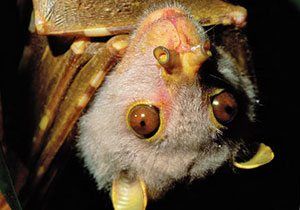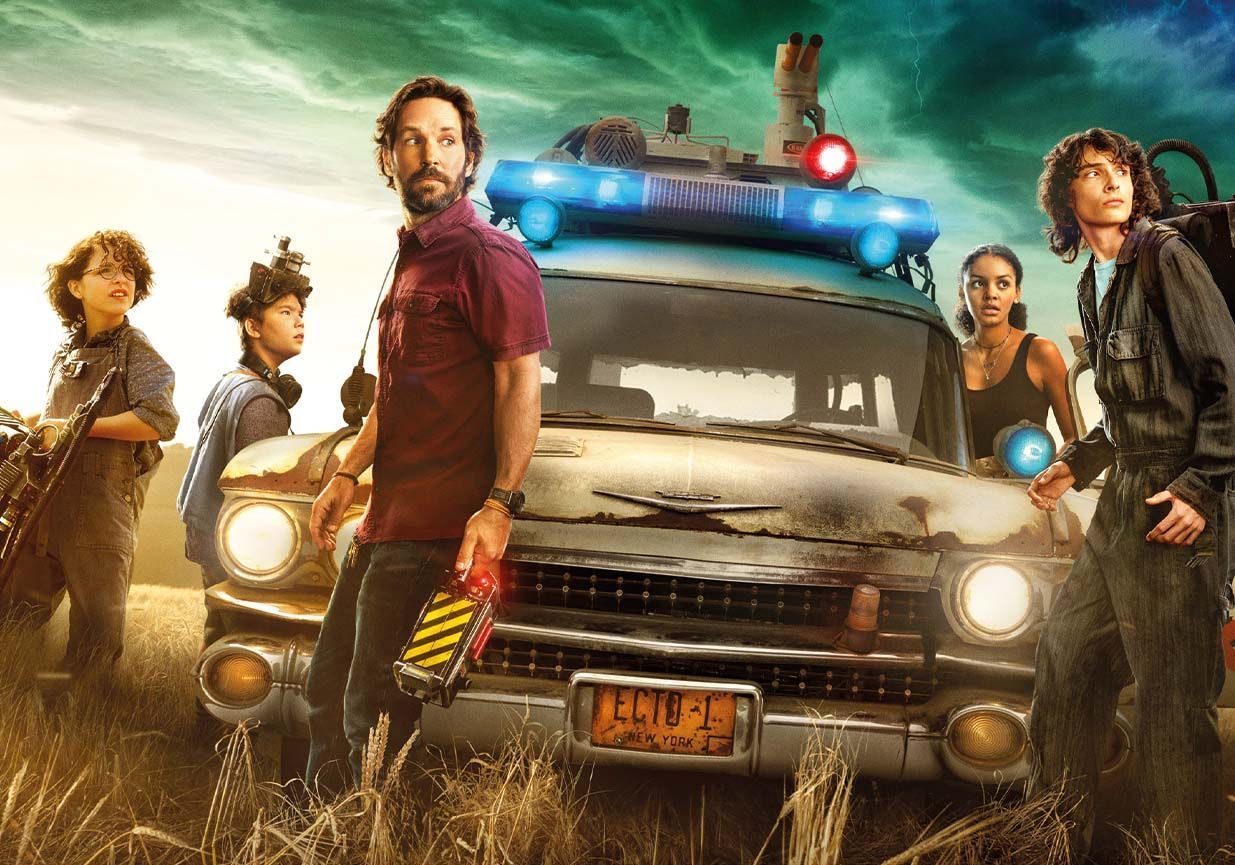
Happy Halloween Primary Resource
Discover fun and creepy facts related to the spooky holiday
This primary resource gives children the chance to discover short and snappy ‘Weird but True’ facts. Find out about more about some unusual fears and phobias. What is the name given to a fear of teeth? In which city can you stay in a hotel where you sleep in a coffin? A wolf’s howl can be heard from how far away?
Pupils will have the opportunity to think and talk about iconic images and creatures of Halloween and how we perceive them in our National Geographic Kids’ PSHE primary resource sheet.
The teaching resource is ideal for use on Halloween (31 October). It can be used in study group tasks, as a printed handout for each pupil, or for display on the interactive whiteboard.
Activity: Ask children to research some of their own facts about Halloween and creepy creatures to make a poster. They could be assigned specific spooky characters for their research, such as ‘ghosts’ or ‘Monsters’. Pupils could also discuss any phobias or fears they have — what do they do/have they done to overcome those fears?
N.B. The following information for mapping the resource documents to the school curriculum is specifically tailored to the English National Curriculum and Scottish Curriculum for Excellence. We are currently working to bring specifically tailored curriculum resource links for our other territories; including South Africa, Australia and New Zealand. If you have any queries about our upcoming curriculum resource links, please email: schools@ngkids.co.uk
This English primary resource assists with teaching the following English objectives from the National Curriculum:
Comprehension skills develop through pupils’ experience of high-quality discussion with the teacher, as well as from reading and discussing a range of stories, poems and non-fiction. All pupils must be encouraged to read widely across both fiction and non-fiction to develop their knowledge of themselves and the world in which they live, to establish an appreciation and love of reading, and to gain knowledge across the curriculum.
National Curriculum Key Stage 1 English (Year 1) objectives:
Pupils should be taught to:
- develop pleasure in reading, motivation to read, vocabulary and understanding by: listening to and discussing a wide range of poems, stories and non-fiction at a level beyond that at which they can read independently
- participate in discussion about what is read to them, taking turns and listening to what others say
- explain clearly their understanding of what is read to them.
National Curriculum Key Stage 1 English (Year 2) objectives:
Pupils should be taught to: develop pleasure in reading, motivation to read, vocabulary and understanding by:
- listening to, discussing and expressing views about a wide range of contemporary and classic poetry, stories and non-fiction at a level beyond that at which they can read independently
- discussing the sequence of events in books and how items of information are related
- being introduced to non-fiction books that are structured in different ways
Pupils should be taught to:
- participate in discussion about books, poems and other works that are read to them and those that they can read for themselves, taking turns and listening to what others say
Pupils should be taught to: develop positive attitudes towards and stamina for writing by:
- writing narratives about personal experiences and those of others (real and fictional)
- writing for different purposes
National Curriculum Lower Key Stage 2 English (Year 3 & 4) objective:
Pupils should be taught to: develop positive attitudes to reading and understanding of what they read by:
- listening to and discussing a wide range of fiction, poetry, plays, non-fiction and reference books or textbooks
- reading books that are structured in different ways and reading for a range of purposes
- increasing their familiarity with a wide range of books, including fairy stories, myths and legends, and retelling some of these orally
Pupils should be taught to: understand what they read, in books they can read independently, by:
- checking that the text makes sense to them, discussing their understanding and explaining the meaning of words in context
- asking questions to improve their understanding of a text
- drawing inferences such as inferring characters’ feelings, thoughts and motives from their actions, and justifying inferences with evidence
- predicting what might happen from details stated and implied
- identifying main ideas drawn from more than one paragraph and summarising these
- identifying how language, structure, and presentation contribute to meaning
Pupils should be taught to:
- participate in discussion about both books that are read to them and those they can read for themselves, taking turns and listening to what others say.
National Curriculum Upper Key Stage 2 English (Year 5 & 6) objective:
Pupils should be taught to: maintain positive attitudes to reading and understanding of what they read by:
- continuing to read and discuss an increasingly wide range of fiction, poetry, plays, non-fiction and reference books or textbooks
- reading books that are structured in different ways and reading for a range of purposes
- increasing their familiarity with a wide range of books, including myths, legends and traditional stories, modern fiction, fiction from our literary heritage, and books from other cultures and traditions
- identifying and discussing themes and conventions in and across a wide range of writing
- making comparisons within and across books
- preparing poems and plays to read aloud and to perform, showing understanding through intonation, tone and volume so that the meaning is clear to an audience
Pupils should be taught to: understand what they read by:
- asking questions to improve their understanding
- drawing inferences such as inferring characters’ feelings, thoughts and motives from their actions, and justifying inferences with evidence
- predicting what might happen from details stated and implied
- summarising the main ideas drawn from more than one paragraph, identifying key details that support the main ideas
- identifying how language, structure and presentation contribute to meaning
Pupils should be taught to:
- retrieve, record and present information from non-fiction
- explain and discuss their understanding of what they have read, including through formal presentations and debates, maintaining a focus on the topic and using notes where necessary
This English primary resource assists with teaching the following Literacy and English First level objectives from the Scottish Curriculum for Excellence:
- I can share my thoughts about structure, characters and/or setting, recognise the writer’s message and relate it to my own experiences, and comment on the effective choice of words and other features.
- I can write independently, use appropriate punctuation and order and link my sentences in a way that makes sense.
- Throughout the writing process, I can check that my writing makes sense.
- I can convey information, describe events or processes, share my opinions or persuade my reader in different ways.
- By considering the type of text I am creating,6 I can select ideas and relevant information, organise these in a logical sequence and use words which will be interesting and/or useful for others.
- I can describe and share my experiences and how they made me feel.
- Having explored the elements which writers use in different genres, I can use what I learn to create my own stories, poems and plays with interesting structures, characters and/or settings.
Scottish Curriculum for Excellence Second level Literacy and English objectives:
- In both short and extended texts, I can use appropriate punctuation, vary my sentence structures and divide my work into paragraphs in a way that makes sense to my reader.
- Throughout the writing process, I can check that my writing makes sense and meets its purpose.
- By considering the type of text I am creating, I can select ideas and relevant information, organise these in an appropriate way for my purpose and use suitable vocabulary for my audience.
- I am learning to use language and style in a way which engages and/or influences my reader.
- I can convey information, describe events, explain processes or combine ideas in different ways.
- As I write for different purposes and readers, I can describe and share my experiences, expressing what they made me think about and how they made me feel.
- Having explored the elements which writers use in different genres, I can use what I learn to create stories, poems and plays with an interesting and appropriate structure, interesting characters and/or settings which come to life.
Scottish Curriculum for Excellence Third level Literacy and English objectives:
- Throughout the writing process, I can review and edit my writing to ensure that it meets its purpose and communicates meaning at first reading.
- By considering the type of text I am creating, I can independently select ideas and relevant information for different purposes, and organise essential information or ideas and any supporting detail in a logical order. I can use suitable vocabulary to communicate effectively with my audience.
- I can convey information, describe events, explain processes or concepts, and combine ideas in different ways
Scottish Curriculum for Excellence Fourth level Literacy and English objectives:
- Throughout the writing process, I can review and edit my writing independently to ensure that it meets its purpose and communicates meaning clearly at first reading.
- By considering the type of text I am creating, I can independently select ideas and relevant information for different purposes, and organise essential information or ideas and any supporting detail in a logical order. I can use suitable vocabulary to communicate effectively with my audience.
- I can convey information and describe events, explain processes or concepts, providing substantiating evidence, and synthesise ideas or opinions in different ways.
- Having explored and experimented with the narrative structures which writers use to create texts in different genres, I can:
- use the conventions of my chosen genre successfully and/or
- create an appropriate mood or atmosphere and/or
Download primary resource
More Like

Meet Some Bonkers Bats!

ALPHA: an epic adventure about a boy and a wolf!

Ghostbusters:
Afterlife









LEAVE A COMMENT
THANK YOU
Your comment will be checked and approved shortly.
WELL DONE,
YOUR COMMENT
HAS BEEN ADDED!
COMMENTS
CUSTOMIZE YOUR AVATAR